Audio recordings from the Grovestead Gathering are now available — click here for details.
In the early 19th century, shortly after the war for independence, roughly 80% of the adult population in the United States were proprietors. The remaining 20% were wage-earners. In other words, the 20% worked for the 80%. Today as you probably know, the percentages are reversed—actually, they’re even more skewed, less than 10% are proprietors in the sense that people were in 1810. And today 90% of the population essentially work for someone else
Because the word “proprietor” may be unfamiliar to you, here’s what a proprietor is: a proprietor is someone who owns productive property. It may be a business, a farm, or even income producing real estate. It’s property that makes you a living. We’re not talking about property in the sense that most people recognize today—toothbrushes, or even automobiles. Those things take money out of your pocket. Productive property can do the reverse. And this doesn’t have to be reduced to money, productive property in the case of a farm can actually feed you.
What do you suppose this change has done in the ways we think about our work, our households, our politics, and even our children? Do you suppose that wage-earners think about those things in the same ways as proprietors? Certainly not—we see the evidence of a revolution in thought all around us. And in this case the revolution has turned us away from producing to consuming.
Work has gone from being something that can directly enrich you to in many cases a form of wage-slavery; houses have gone from places that sheltered productive enterprise to recreation-centers; politics has gone from a commonweal, where heads of houses represent the interests of their households, to a place where you try to get as much as you can from others with as little expense to yourself as possible; and children have gone from being assets who ensure the future of the family concern, to little clinging liabilities. Is it any wonder people are having fewer of them?
Productive households are proprietorships. They are formed when a man and a woman become “one flesh”. This isn’t just greeting-card sentimentality. It means that their interests are joined. It is a covenantal union that is consummated in their conjugal union. That’s the way our ancestors thought about it for time out of mind. And when this union is fruitful, it issues in children, among other things. And all of this meant that they shared a commonwealth, a common work, and a common future.
As I noted above, we don’t think in these terms anymore. Our households have been reduced to places to get away from it all—even from other members of our families. And if we feel less than the emotional gratification we feel is our due at any time in those places, who can gainsay us for breaking up a house on a whim? Certainly the courts don’t. Divorces are passed out like cookies these days—dependent children not withstanding.
Things don’t have to be this way. There is nothing inevitable about any of this. Yes, breaking things is always easier than making them. But breaking stops when you come to see the value of things when they’re unbroken—when they’re well and healthy. And in the case of the traditional productive property holding household, most people don’t even know what they’re missing.
C. R. Wiley is a pastor, author, and speaker on the topics of household economies and the Biblical family. He will share his experience building thriving home economies—and helping countless other families do the same.
This article originally appeared in our Spring 2020 newsletter.










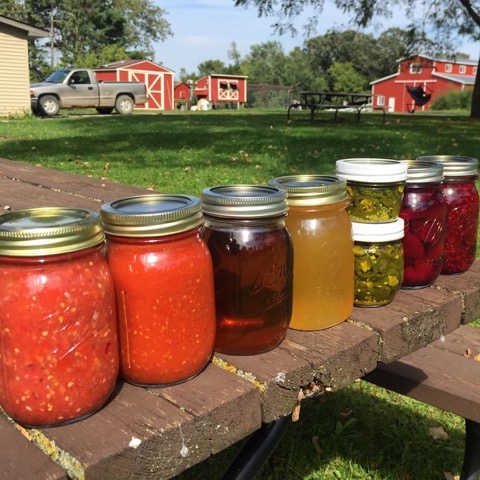


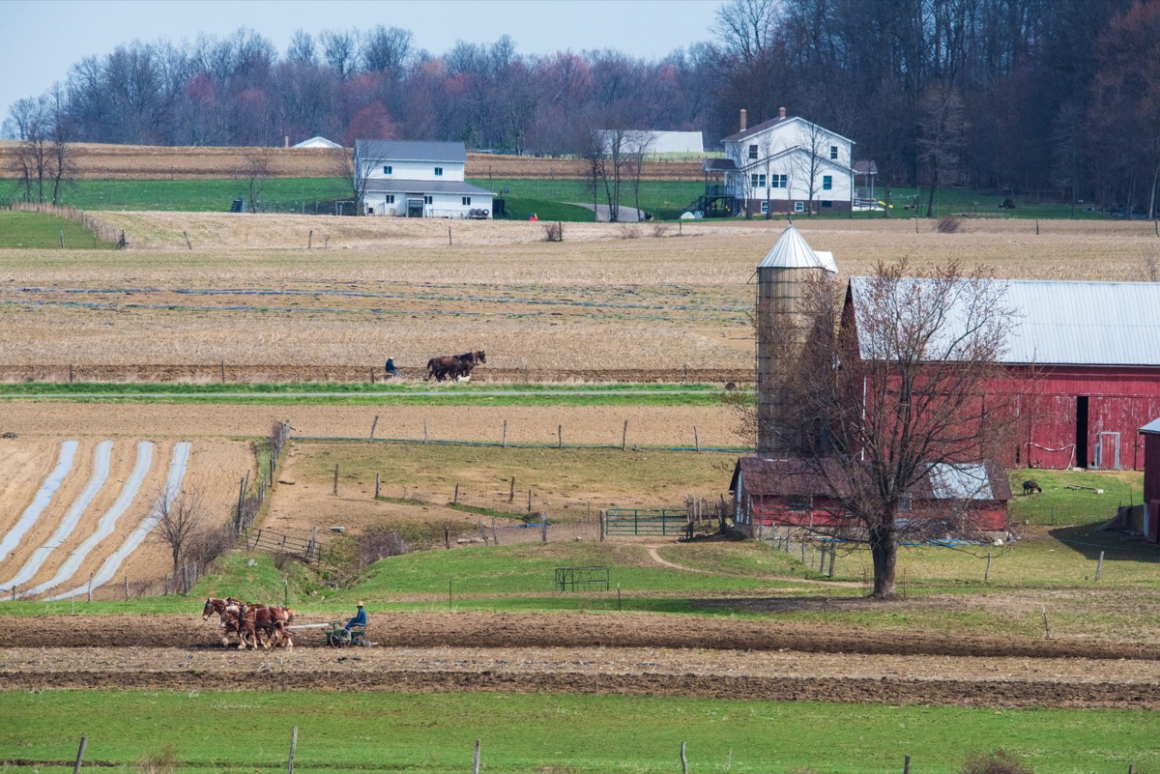
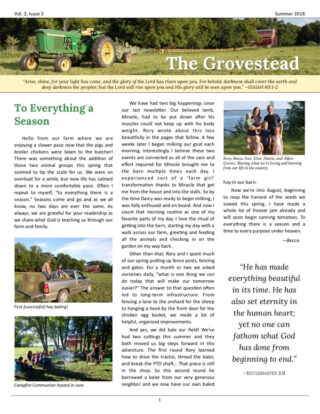
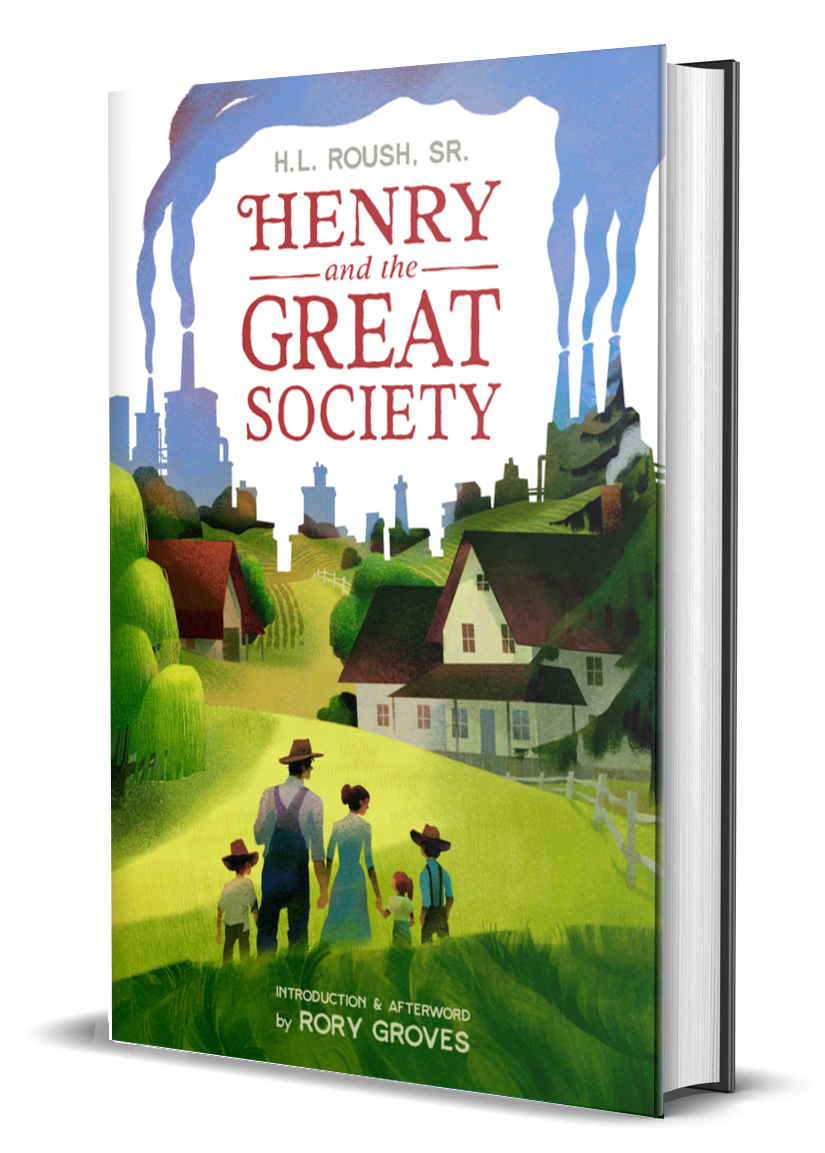
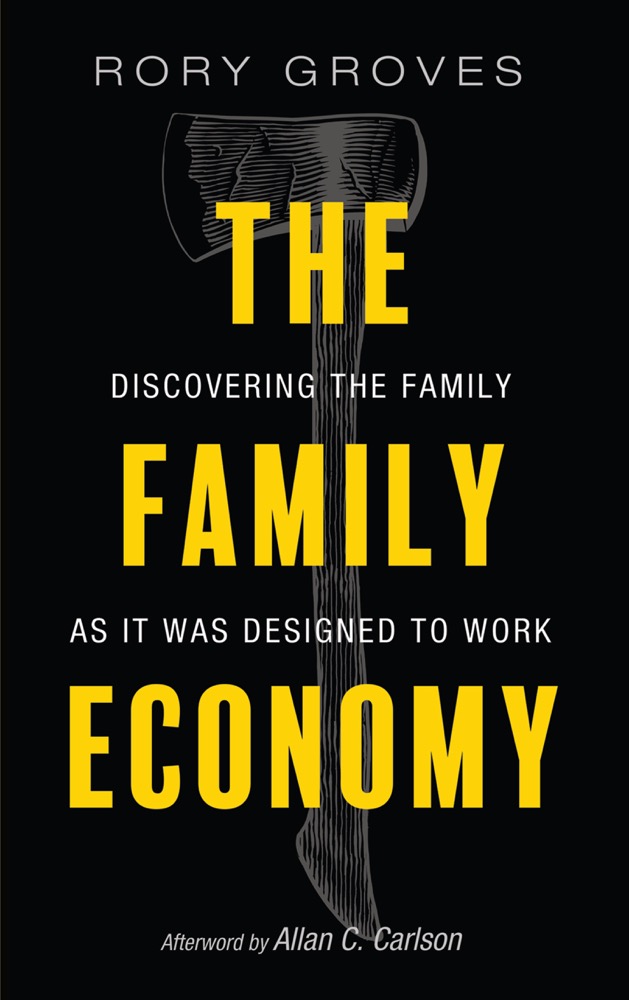
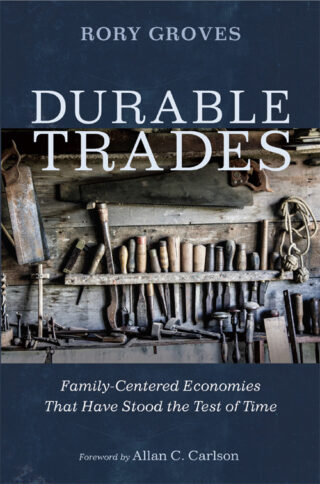

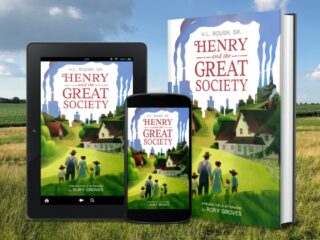

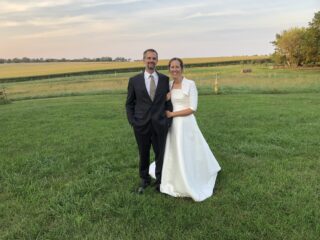

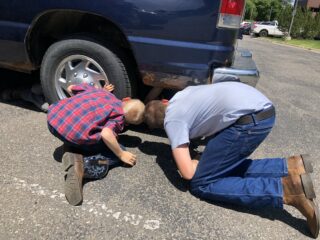


5 comments
Terrific article. Thank you for sharing. The message provides an insightful and fresh framework to understand our current society. The article highlighted a key sociological difference between now and the past, as well as the implications/consequences it has had on our families, our societal values and our political environment. Thanks, Rory.
Hello old friend, good to hear from you. I agree — so many of the dilemmas we face today are outworkings of this massive shift in work & family.
Amen!
Excellent! I wish, my husband and myself, would have been told this when we were younger.
We are uncertain of what type of endeavor or business to create with what God has given us. Ideas or direction are greatly appreciated. 😊